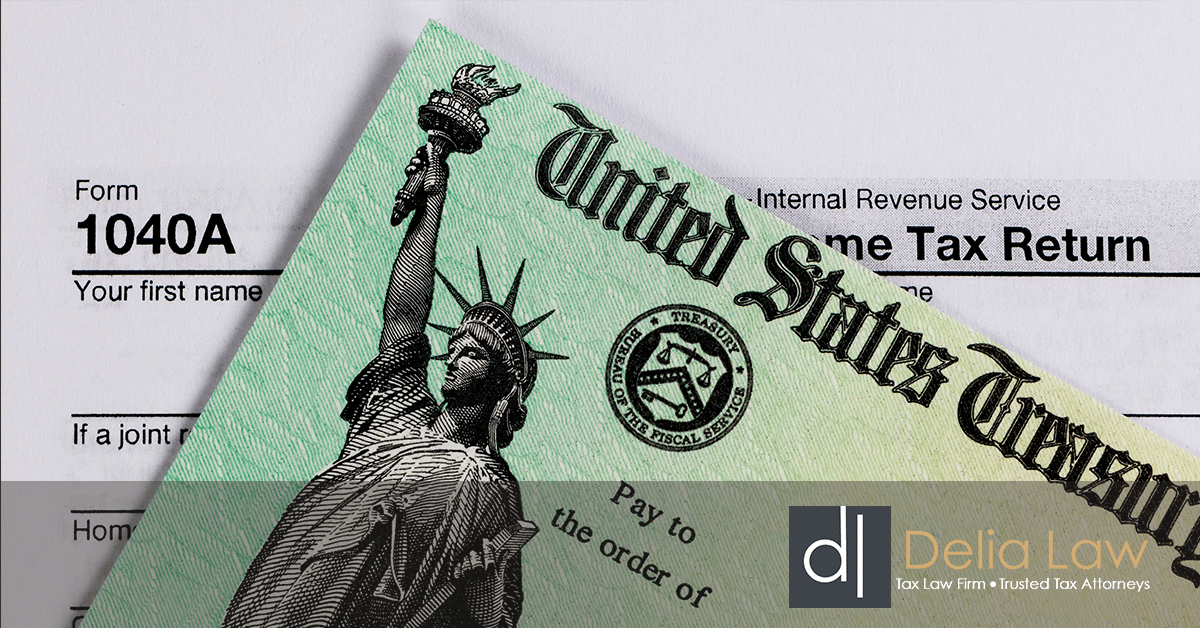Signed into law by President Donald J. Trump on July 4, 2025, the One Big Beautiful Bill Act (OBBBA) ushers in a new era of federal tax policy with wide-ranging consequences for businesses of every size. The legislation consolidates numerous corporate, pass-through, and international tax provisions into a single reform package—changing how companies calculate taxable income, manage deductions, and plan for cross-border operations.
For business owners, the OBBBA is not merely a technical rewrite. It reshapes the tax landscape that governs day-to-day decisions—from capital investment and payroll compliance to global structuring and long-term entity planning. Attorneys and tax professionals note that its intent is to stimulate domestic reinvestment while simplifying compliance burdens, blending temporary relief measures from prior years into a cohesive new framework.
Most provisions apply to tax years beginning after December 31, 2024, with international components phasing in through 2026 — making early understanding and planning crucial for corporations and pass-through entities alike.
Corporate Tax Rates and Structure
The OBBBA replaces the long-standing 21 percent flat corporate tax with a graduated rate system:
- 18 percent on the first $400,000 of income
- 26 percent on income between $400,001 and $5 million
- 29 percent above $5 million
Legal and financial analysts suggests that this structure restores progressivity without reintroducing the excessive complexity of pre-2017 brackets. Smaller corporations may experience marginal relief, while higher-earning entities will see a modest rate increase intended to offset expanded deductions and credits. By pairing rate graduation with enhanced expensing (discussed below), lawmakers sought to balance revenue goals with pro-investment incentives.
Pass-Through Entities and Section 199A
The OBBBA makes the qualified business-income (QBI) deduction under Section 199A permanent and adjusts its design. The new framework replaces a single phase-out threshold with a tiered deduction that gradually tapers as income rises, rather than ending abruptly for high-income owners.
Law-firm analyses indicate that this approach provides continuity for professional-service firms previously excluded once their income exceeded certain levels. It also smooths planning for partnerships and S-corporations by reducing the volatility associated with “cliff” phase-outs. The adjustment effectively aligns the deduction with ordinary income growth, creating what practitioners describe as a more predictable environment for closely held businesses.
Expensing and Depreciation Enhancements
To promote reinvestment, Section 179 expensing limits rise to $2.5 million, indexed for inflation, while 100 percent bonus depreciation is reinstated for property placed in service through 2027.
Commentators highlight that the restored bonus-depreciation regime allows businesses to deduct the full cost of qualified property—such as equipment, vehicles, and software—immediately rather than depreciating it over several years. For capital-intensive industries, this change improves near-term liquidity and may encourage accelerated modernization of facilities.
Employer and Workforce Provisions
Employers providing twelve weeks of paid family or medical leave can now claim a refundable 40 percent payroll-tax credit. In addition, the Act mandates electronic filing for Forms W-2 and related information returns when a business employs 25 or more individuals.
These measures have been characterized as part of a gradual modernization of payroll administration. The credit continues a post-pandemic policy trend of encouraging employer-sponsored leave, while the e-filing requirement underscores the IRS’s shift toward near-real-time payroll compliance monitoring.
International Tax Reforms
Re-defining GILTI as NCTI and Adjusting CFC Rules
The OBBBA rebrands Global Intangible Low-Taxed Income (GILTI) as Net Controlled Taxed Income (NCTI) and revises how such income is calculated. The updated formula narrows the inclusion of high-taxed foreign income and better distinguishes returns on tangible assets (HCVT – OBBBA International Tax Updates).
The Act also reverses the 2017 downward-attribution rules, reducing the situations where U.S. taxpayers are deemed to own foreign subsidiaries indirectly. This correction eliminates certain unintended ownership overlaps that had complicated cross-border compliance since the TCJA.
FDII Revisions and Global Minimum Tax Alignment
The Foreign-Derived Intangible Income (FDII) deduction now prioritizes activities connected to domestic R&D and export-related production. Beginning 2026, controlled foreign corporations must also meet a 15 percent minimum effective-tax standard, harmonizing U.S. rules with emerging OECD norms.
Collectively, these international provisions reshape how multinational enterprises allocate and report foreign earnings. Analysts point out that they simplify prior attribution tests, reduce double-tax exposure, and promote consistency across jurisdictions.
Energy and Manufacturing Incentives
To advance clean-energy production, the OBBBA introduces a Made-in-America Energy Credit and authorizes transferable tax credits that can be sold or monetized by smaller entities.
This structure broadens access to capital that was previously limited to large corporate taxpayers. This change has been described as a continuation of the Inflation Reduction Act’s industrial policy—linking tax benefits to domestic manufacturing and low-emission infrastructure while allowing smaller companies to participate through secondary credit markets.
Implementation Timeline and Administrative Outlook
Most domestic-business provisions apply to fiscal years beginning after December 31, 2024. International provisions phase in through 2026, and certain reporting requirements—such as the new digital payroll standards—extend to 2027.
By resetting sunset dates to 2033, analysts note that Congress created a longer planning horizon for corporate tax modeling and deferred-tax-asset management. That stability may influence financing strategies, merger evaluations, and the timing of reinvestment decisions.
At the same time, taxpayers can expect an active regulatory period. Treasury and the IRS will need to issue detailed guidance on NCTI and FDII computations, bonus-depreciation carryforwards, and eligibility rules for the new energy credits. Many firms anticipate temporary interpretive uncertainty similar to that seen after the 2017 TCJA implementation.
Broader Policy Context
The OBBBA is broadly viewed as a hybrid measure—expansionary in its incentives yet fiscally constrained in its revenue design. Analysts note that its graduated corporate rates and enhanced expensing provisions signal an intent to stimulate capital formation and on-shoring of manufacturing operations without reintroducing the pre-2017 complexity of multi-bracket systems.
They also note that its international revisions seek to position U.S. companies within global minimum-tax frameworks while reducing the administrative burden of prior GILTI rules. In doing so, the legislation aligns federal tax policy with a broader trend toward international coordination and digital compliance.
Navigating OBBBA Compliance with Delia Law
The OBBBA’s scope and technical breadth mean its implementation will unfold through layers of Treasury guidance and IRS rulemaking over the next several years. Each area of change—from corporate rate graduation to pass-through deduction adjustments, and from bonus depreciation to NCTI reporting—creates questions that affect both current and future filings.
Delia Law regularly assists corporations and partnerships navigating federal tax reforms of this scale. Our attorneys analyze new legislative and administrative guidance to help clients interpret how statutory changes interact with existing tax positions and reporting requirements.
For businesses monitoring OBBBA developments, the following practice areas may be particularly relevant:
- Federal Tax Representation — representation in IRS interpretive disputes and regulatory proceedings arising from new statutory provisions.
- IRS Audit Defense — counsel for examinations involving deduction timing, bonus depreciation, or credit eligibility under the OBBBA.
- International Tax Matters — analysis of cross-border ownership structures affected by NCTI and FDII rules.
- Tax Debt Relief — strategies for resolving liabilities arising from transition-period adjustments or amended returns.
By closely tracking Treasury guidance and IRS rulemaking under the OBBBA, Delia Law provides clients with the legal clarity needed to navigate federal tax obligations confidently and to plan within a rapidly evolving regulatory landscape. For more information & for federal tax support, contact Delia Law today.





